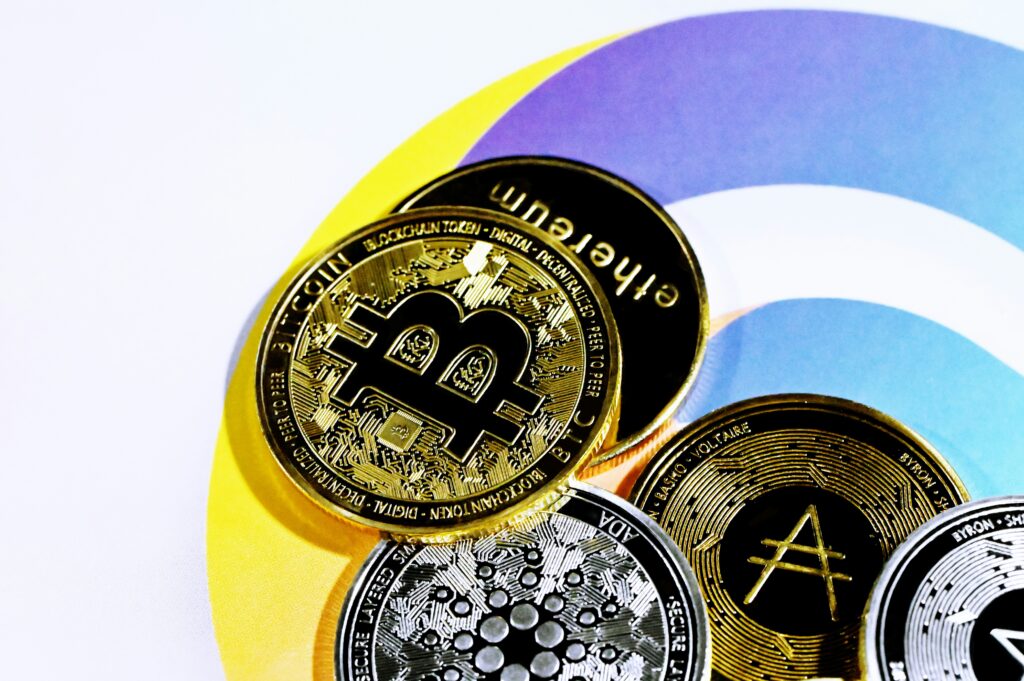A fresh wave of political tension hit Washington this week with the revival of the GENIUS Act — a revised bill aimed at regulating stablecoins in the U.S. financial system — colliding with headlines about a $2 billion crypto deal tied to former President Donald Trump.
GENIUS Act Returns With New Support
Formally titled the Guiding and Establishing National Innovation for U.S. Act, the updated proposal is backed by Senators John Thune (R-SD), Cynthia Lummis (R-WY), Tim Scott (R-SC), and Bill Hagerty (R-TN). The legislation seeks to provide a legal framework for stablecoins, focusing on anti-money laundering safeguards, investor protections, and clear definitions around digital dollar alternatives.
While the act is being pitched as a step toward financial innovation and responsible crypto integration, it has arrived under a cloud of suspicion.
Trump’s USD1 Stablecoin and the $2B Binance Deal
The same day the legislation resurfaced, reports emerged that World Liberty Financial — a firm linked to Trump — would be using its stablecoin, USD1, to facilitate a $2 billion transaction between Abu Dhabi’s MGX and crypto exchange Binance. This revelation prompted an immediate backlash from key Democrats.
Senator Elizabeth Warren (D-MA) condemned the move as blatant corruption, accusing Trump of leveraging regulatory changes to personally benefit from crypto-backed deals. “A shady fund backed by a foreign government just announced it will make a $2 billion deal using Donald Trump’s stablecoins,” she warned, pointing to a potential ethical breach.
The political flare-up comes amid broader scrutiny of Trump’s crypto ambitions. His controversial memecoin, $TRUMP, recently made headlines with plans to host an exclusive dinner for top token holders, intensifying fears of influence peddling via digital assets.
Implications for Crypto Investors
The GENIUS Act, if passed, could mark a significant regulatory shift in the stablecoin space. On one hand, it introduces clarity that institutional investors often demand. On the other, its alignment with Trump-related ventures raises eyebrows over how legislation could be shaped to favor certain players.
From a market perspective, the spotlight on USD1 and related assets may fuel speculative interest — but also adds legal and reputational risk.
Should Investors React?
For those tracking developments in stablecoins and crypto legislation, this story reflects the growing intersection between politics and digital finance. Any investment decision tied to these developments should be weighed carefully — especially when political motivations may blur financial transparency.
📌 Disclaimer: This article does not constitute investment advice. Always conduct your own research before making financial decisions.







